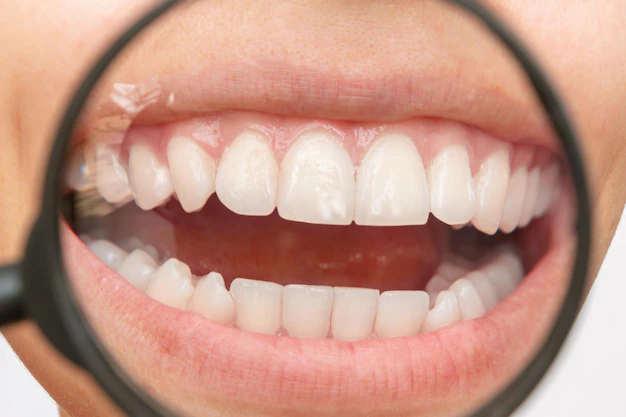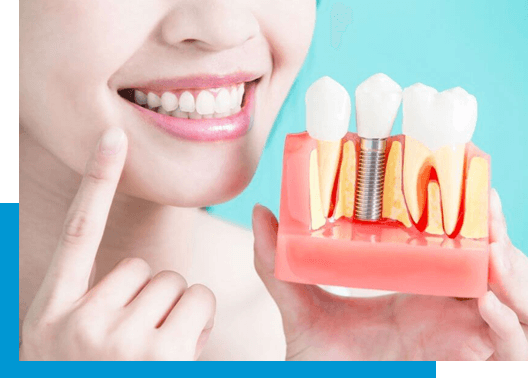For professionals in Berwyn, IL, achieving a straighter smile can feel like a distant dream. Between demanding schedules, meetings, and travel, traditional braces seem like a logistical nightmare. But what if there was a way to straighten your teeth discreetly and conveniently without sacrificing your professional image?
Clear aligners offer a revolutionary solution for busy professionals seeking a perfect smile. This innovative treatment from an Invisalign Dentist in Berwyn, IL allows you to gradually transform your smile without disrupting your work life.
Why Invisalign is the Perfect Choice for Berwyn Professionals
Here’s how Invisalign can help you achieve a straighter smile while excelling in your career:
Discreet Treatment, Maximum Confidence
Virtually Invisible Aligners: Unlike traditional braces, Invisalign uses a series of clear, removable aligners that gently shift your teeth into place. These aligners are practically invisible, ensuring you maintain a professional appearance during meetings, presentations, and client interactions.
Flexibility That Fits Your Busy Schedule
Fewer Appointments: With clear aligners, you won’t have to worry about frequent adjustments disrupting your workday. An Invisalign Dentist in Berwyn, IL will provide you with a set of aligners to wear for a specific period, typically around two weeks. While regular check-ins are needed to monitor progress, these appointments are often shorter and less invasive than those required with traditional braces.
Maintain a Professional Image with Confidence
Removable for Important Occasions: Invisalign allows you to remove the aligners for short periods, such as during meals, presentations, or important meetings. This means you can confidently smile and interact with colleagues and clients without feeling self-conscious about your teeth.
Comfort and Convenience You Can Count On
Enhanced Comfort: Traditional braces can irritate your gums and cheeks, making eating, speaking, and smiling uncomfortable. Clear aligners are smooth and comfortable to wear, eliminating these common annoyances.
Improved Oral Hygiene: Invisalign’s removable nature makes cleaning teeth easier, reducing the risk of cavities and gum disease.
Invest in Yourself: A Straighter Smile for a Brighter Future
Confidence Boost: A straighter smile can significantly improve your confidence and self-esteem. When you feel good about your appearance, you’re more likely to project a positive and professional image in the workplace.
Long-Term Benefits: Straight teeth aren’t just about aesthetics; they can also improve your oral health by making it easier to clean your teeth and reducing the risk of gum disease. Aligner treatment with an Invisalign Dentist Berwyn is an investment in a healthier, more confident smile that will benefit you both personally and professionally.
Ready to Take the First Step Towards Your Dream Smile?
If you’re a busy professional in Berwyn, IL, considering clear aligner treatment, schedule a consultation with an expert Invisalign Dentist. During your consultation, the dentist will discuss your individual needs and goals and determine if clear aligners are the right treatment option for you. They will also create a customized treatment plan and answer any questions you may have about the process.











